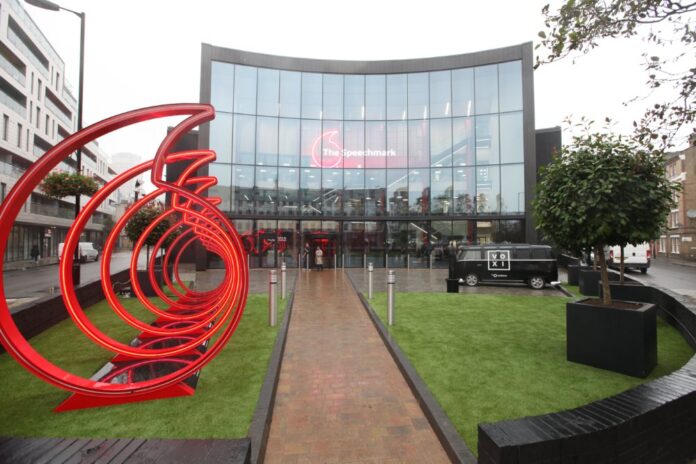Vodafone is bringing Open RAN out of rural areas for the first time, with 16 masts in Exmouth and Torquay, England
Vodafone announced this week that it is deploying Open RAN in a live urban environment in Europe. Specifically, the company said it will deploy Open RAN on 16 mobile masts in Devon, England, specifically in the seaside towns of Torquay and Exmouth. This is the first example of Open RAN being deployed in a live urban environment in Europe, Vodafone said, with other live Open RAN deployments focusing on lower-traffic rural locations.
Vodafone, for its part, has stated plans to have the 2,500 UK sites operational and fully deployed by 2027. Vodafone has also committed to migrating 30% of its mobile sites to Open RAN by 2030. Vodafone sees Open RAN as an important element of its network strategy, as the company seeks to diversify its supply chain and open the market to innovation and competition. Vodafone was one of the first European telcos to commit to Open RAN at such scale, said Vodafone UK Chief Network Officer Andrea Dona.
“The potential of OpenRAN is huge and clear to see. But to realize this potential, we need to deploy the technology out in the live network and take it from rural to urban locations,” he added.
Vodafone claimed to operate the first 5G Open RAN site in the U.K. in January, when it switched on a site in the city of Bath. That site included Samsung’s vRAN solutions, Dell servers equipped with Intel Xeon processors, Capgemini testing and integration, and Wind River Studio software to manage containerized Open RAN CU/DU workloads, automation, orchestration, and network function lifecycle management. Vodafone listed the same partners in this announcement. Vodafone indicated the Bath installation was the first of 2,500 planned 4G and 5G Open RAN cites it had committed to deploy, to help further the U.K. government’s plans to see Open RAN more widely adopted throughout the county.
The U.K. Department of Culture, Media and Sport (DCMS), working with British telcos Vodafone, EE, Virgin Media O2 and Three, set a goal to boost Open RAN deployments so that 35% of the U.K.’s mobile network traffic is carried over Open RAN by 2030. The plan stipulates £36 million ($47.5 million) in funding for fifteen projects to trial the O-RAN technology across Scotland, Wales and England, and a £15 million cash injection for the SONIC prototype testing facility for next-generation telecoms tech.
More recently, Vodafone Germany trialed Open RAN. The company announced the expansion of its 5G network in November, noting at the time that it had successfully completed a field test with Open RAN in Plauen, in Germany’s Saxony region. Vodafone Germany announced comprehensive pilot projects for open 5G radio access networks at several locations in Germany at that time. The first two stations planned for the operator’s Open RAN tech are located in rural Bavaria. The pilots are scheduled to start in early 2023 and mark the beginning of a broader deployment of Open RAN technology in Vodafone’s European mobile networks, the carrier said.

